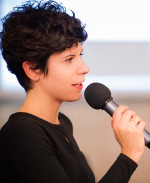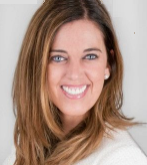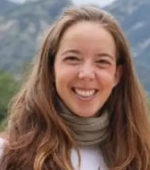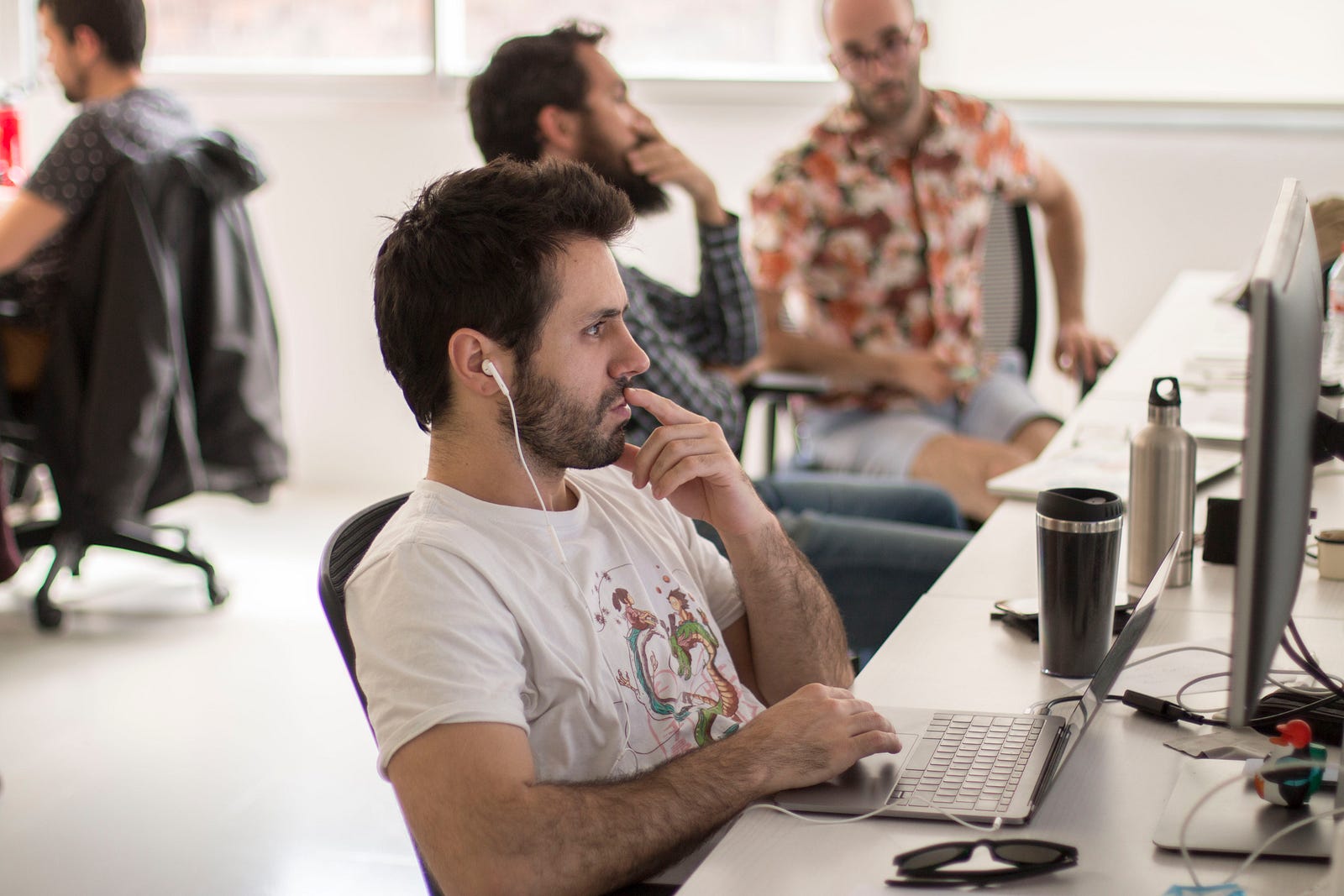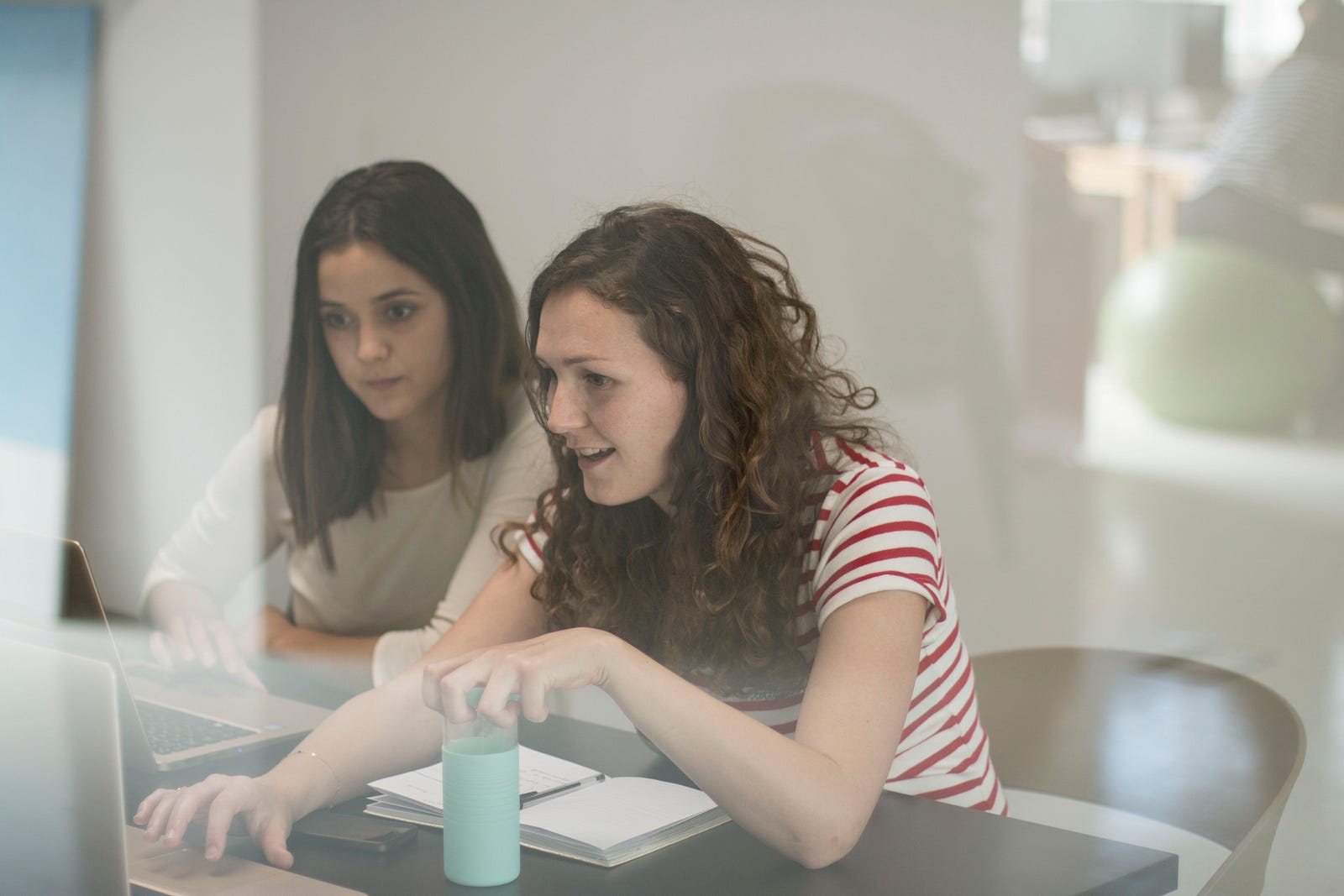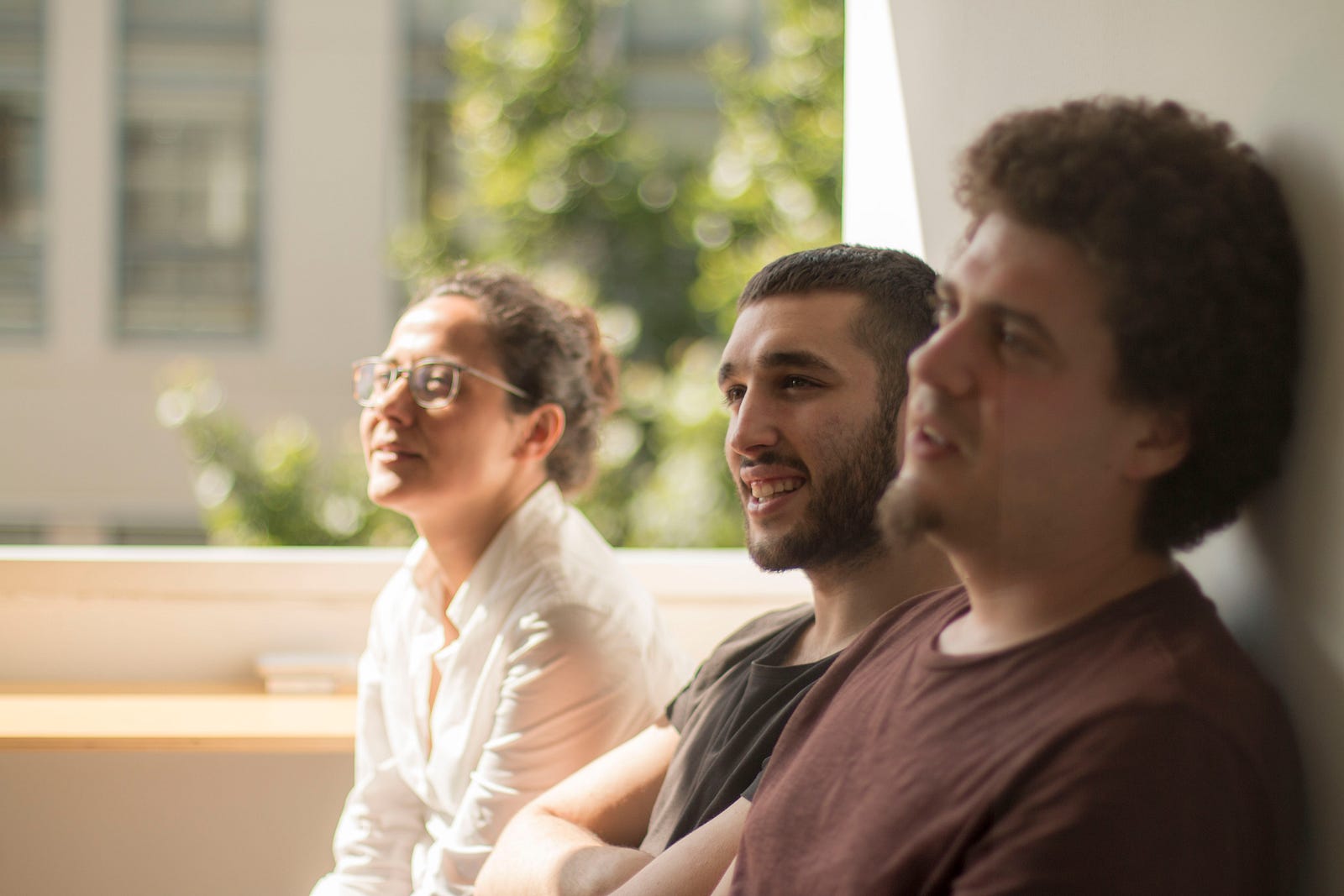In this edition, Podcast #32, Jordi Romero talk to Nacho Gonzalez Barros, who is typically introduced as serial entrepreneur, together with Juan Rodriguez, CEO at Camaloon and César Migueláñez, Product Director at Factorial. Nacho will share his story and experiences of launching and growing different businesses with us. Listen to our podcast on Youtube, iTunes or iVoox.
Nacho, what is your story?
I started in 1995 with one of the first ISP in Spain, called Intercom. I was 19 at that time and it was there that I saw how to start something. I got hooked and dropped out of my telecommunication studies. During this time at Intercom I was also very involved in the hiring process and really loved the part of finding talent. In this time about 100 selection processes went through me at the Intercom Group. This is where in 1997 I saw the opportunity to create Infojobs. We started with a technical co-founder and a business founder.
Actually we have had Albert Feliu and Javier Llorente as guests on our podcast as well!
Ah nice! Yeah, we’re all from the same family.
We spent a lot of years creating a company. Nowadays there is a lot of literature, but when we started out we had to learn as we went along. Infojobs went really well but that was just the start for me. When we sold Infojobs, I saw a new opportunity, the partners at Intercom trusted me and I set out to create Neurona, something like the Spanish LinkedIn, which I later sold to Xing, the German LinkedIn. Next I worked on Niumba, a web of apartments which was sold to Tripadivsor.
These three were the positive experiences but I have created a lot of failures.
There was Lincara — a social media platform focussed solely on the Spanish market. It was a disaster. Tuenti came along and we were not the best at executing. I was unfocused. We copied Friendster’s model but then Facebook came a long. Take a look at myspace and what happened when Facebook came along.
When you start, while trying the MVP, you can do other things but once you have traction you have to be all in, completely focused on the business.
Another example was Amigosfree, free dating site like plenty of fish. It’s the startup that had the most traction but we were missing a full time CEO. Dating creates recurrency, it’s a very attractive sector. And being free when Match and Meetic were paid was also a great advantage but here again the execution failed, I was doing too many things at the same time.
Now I am working on Mailtrack and it’s going very well — it’s a plugin for Gmail that adds a double check when your email has been read in Gmail. When somebody opens your email you are notified that the email has been read. We have 50 thousand customers with recurrent payments and are among the 100 extensions on the Chrome Appstore.
You’ve been working on Mailtrack for 5 years now. How does a product like yours evolve?
You put a pixel in the body of the email but technologically it’s incredibly complicated to create a product inside one of Google’s Apps. It seems really simple but technologically there is a lot of complexity behind it.
When you send an email with Mailtrack you add the statement ‘Sent with Mailtrack’ to the email. What part of growth comes from this virality?
About 45% of our growth is thanks to this virality.
Word of mouth is also important for us. There is a Wow effect upon seeing Mailtrack at work. Even people who are really into technology are surprised by this. It’s a very precise functionality nobody had worked on before.
In your past experiences there are either exits or companies that are closing. Mailtrack is going well but you haven’t sold yet. What is your plan?
The natural evolution is selling the company but we are not actively looking to sell, we are creating revenue. We have 2 million users and recurrent revenue — the most natural is that there is a CRM company in the US who sees this as a feature to their product. Not only valued by revenue and EBITDA but by the potential.
I don’t think of my company as my baby, I am a bit addicted to change.
Yes, so it seems. It seems like every 4 or 5 years you have a new idea.
I am really enjoying working on Mailtrack but the normal thing is that there will be somebody much better than me at scaling the company. I am much stronger at starting things and bringing them to revenues.
Do you do an autoscreening of your ideas?
Every time I am more rational and more of a realist when thinking about starting a project. Not obsessing about the solution but about the problem. Understanding the market, possible customers, talking to them. When I see that there is something that I need, that’s where I start with a project.
Dog fooding.
Yes, Infojobs was exactly this. I was a recruiter and I was going through 1000 of CVs so I really understood the problem other recruiters had. Now I am starting something related to hiring. I know the problem by heart. I see the problem and can visualize the solution.
I think before even starting to create a MVP you should go out talking to people to see if what you are thinking of is a ‘Must-Have’ or a ‘Nice to have’.
Fall in love with a problem before doing anything.
I think it’s important to recruit people close to you, early adopters, for a brain storming session about this problem and you really need to have a clear business models. There needs to be a clear business and you need to see that there is a space for you out there.
How are you going to start it?
Very cautiously as there is a lot of uncertainty. I am not going to raise capital but set out to better understand the market. Going from company to company to understand how they work, how they do recruitment and see if this solution could fit with their work style.
Listen to our podcast to learn more about Nacho’s plans for the future, how he sees the founder personality and what he thinks about the process of scaling a company. Learn more in this Podcast in Spanish on our Youtube channel, listen to it on iTunes or enjoy it through iVoox and subscribe to our newsletter to stay always up to date.






